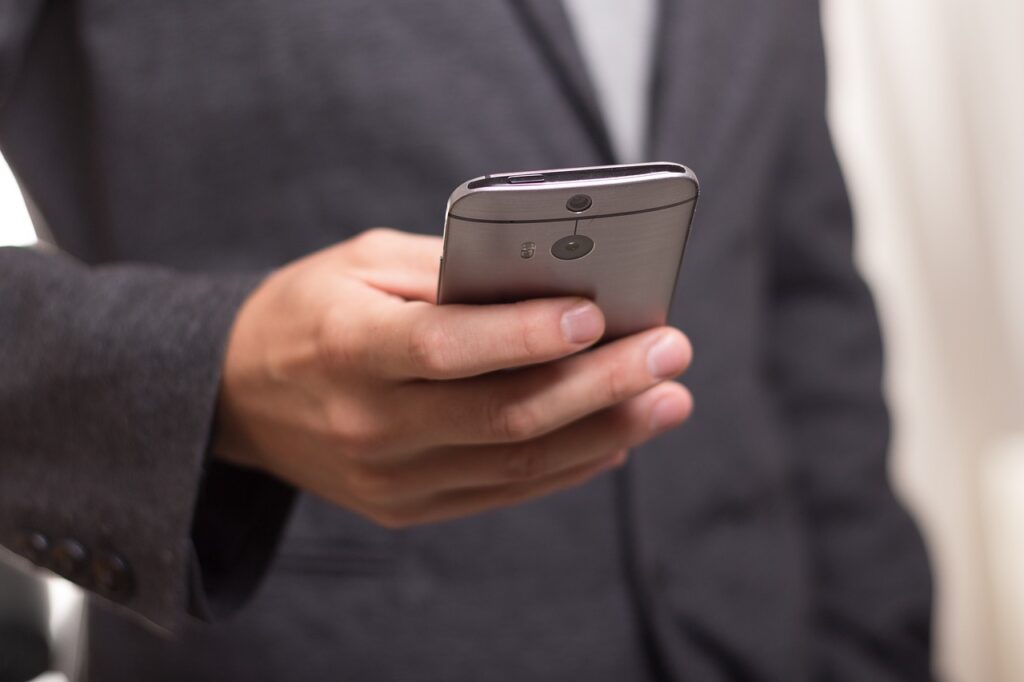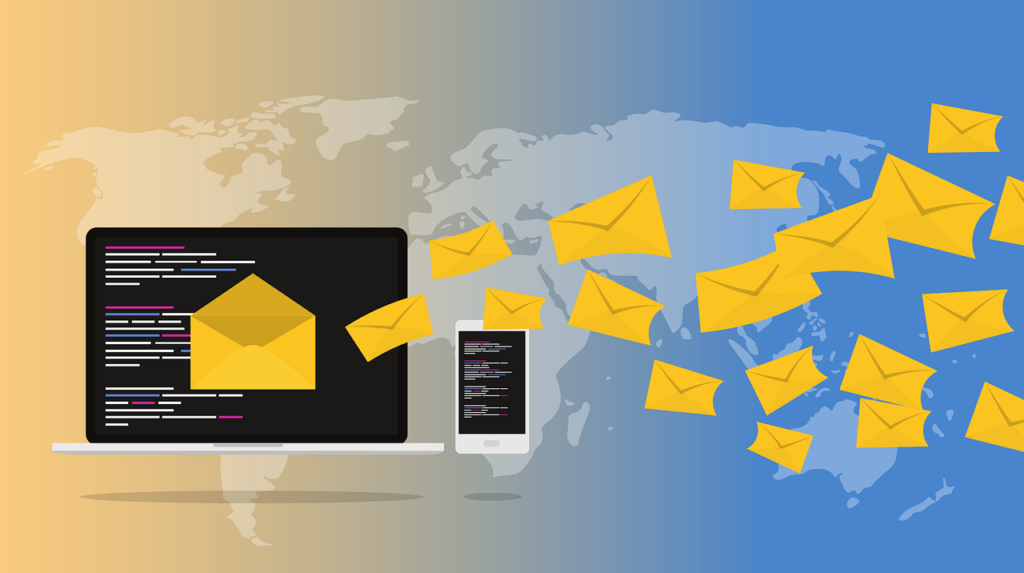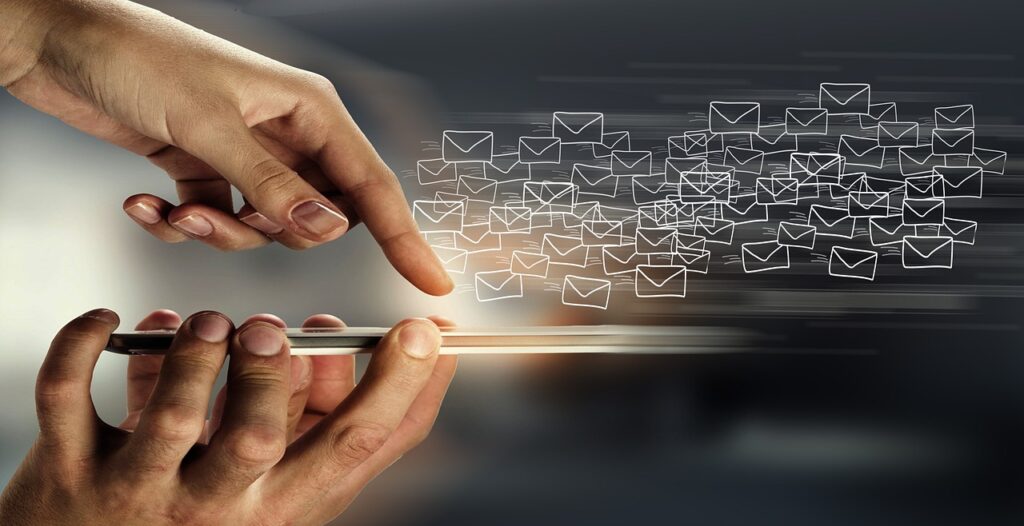Email marketing is more than just sending out promotional messages. It’s about building relationships with your audience, nurturing leads, and providing value. Email marketing psychology plays a critical role in creating effective campaigns. Understanding your audience’s thoughts and feelings can help you craft emails that resonate with them, grab their attention, and lead to conversions.
Building Trust with Email Marketing
Consistency is Key. Consistency in your branding, messaging, and frequency of emails can help establish trust with your audience. When your subscribers know what to expect from you and can consistently rely on you to deliver valuable content, they are more likely to engage with your emails.
Personalization and Customization
Personalization is not just about adding your subscriber’s name to an email. It’s about understanding their preferences, interests, and needs and tailoring your content accordingly. By customizing your emails to your subscriber’s interests, you can show that you care about them and build trust.
Social Proof and Testimonials
Social proof, such as reviews and testimonials, can build trust. When subscribers see that others have had a positive experience with your brand, they are more likely to trust you.
Clear and Honest Communication
Being clear and honest in your emails can go a long way in building trust. Ensure your messaging is transparent, and don’t make promises you can’t keep.
Email Marketing Psychological Triggers
Scarcity
Scarcity creates a sense of urgency and can drive conversions. Limited-time offers or limited product availability can create a sense of urgency and push subscribers to act.
Urgency
Urgency is a psychological trigger that compels subscribers to act quickly. Urgent calls to action can motivate subscribers to take immediate action, increasing the likelihood of conversions.
FOMO (Fear of Missing Out)
FOMO is the fear of missing out on something valuable or desirable. Using FOMO in your emails can create a sense of urgency and drive conversions. You can create FOMO by highlighting limited-time offers or exclusive deals for your subscribers.
Reciprocity
Reciprocity is the idea that people feel compelled to give back when something is given to them. By providing valuable content or offers in your emails, you can create a sense of obligation in your subscribers to reciprocate, leading to increased engagement and conversions.
Engaging Your Audience with Email Marketing
- Use of Storytelling: Storytelling is a powerful tool for engaging your audience and building emotional connections. By telling stories that resonate with your subscribers and relate to your brand, you can create a deeper level of engagement and loyalty.
- Interactive and Engaging Content: Interactive and engaging content, such as quizzes, polls, and surveys, can help increase engagement and provide valuable insights into your audience’s preferences and needs.
- A/B Testing for Optimization: A/B testing is testing two variations of an email to see which performs better. By testing different subject lines, content, or calls to action, you can optimize your emails for maximum engagement and conversions.
Conclusion
Implementing email marketing psychology can help you build trust, engage your audience, and drive conversions. By using psychological triggers, such as scarcity, urgency, FOMO, and reciprocity, and focusing on building trust and engagement, you can create successful email marketing campaigns that deliver results. Remember to test and optimize your emails regularly to ensure you provide value and meet your subscribers’ needs.


